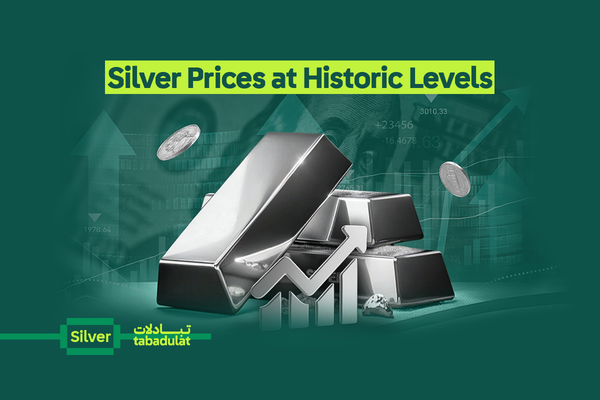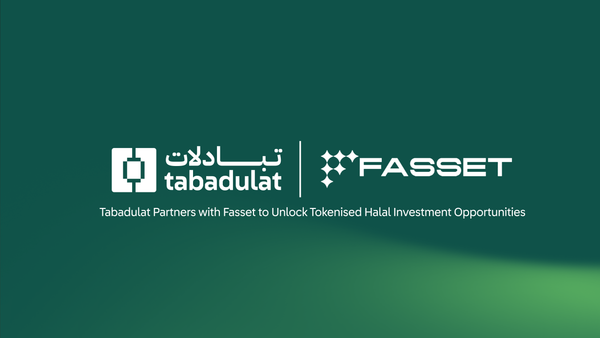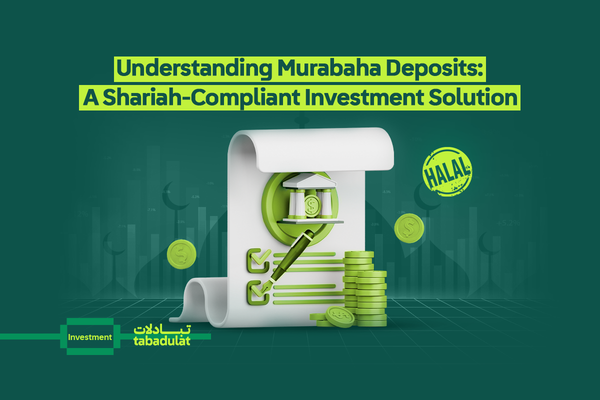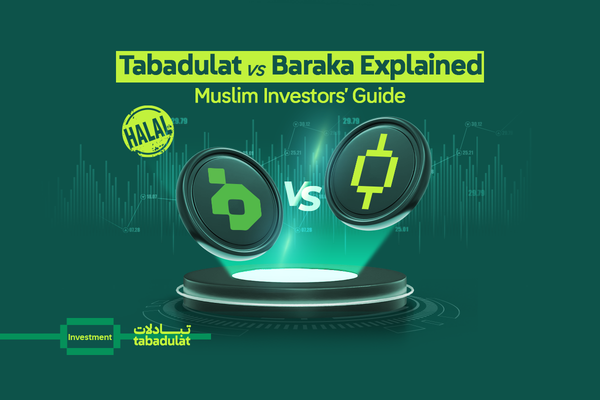Best Halal ETFs for Your Portfolio in 2025
We ranked leading Halal ETFs for 2025 using expense ratio, 3 year NAV total return, top 10 weight and AUM. Learn how Shariah screens work, what to avoid, and which funds offer US, global, tech, REIT and sukuk exposure. Educational only, not financial advice.
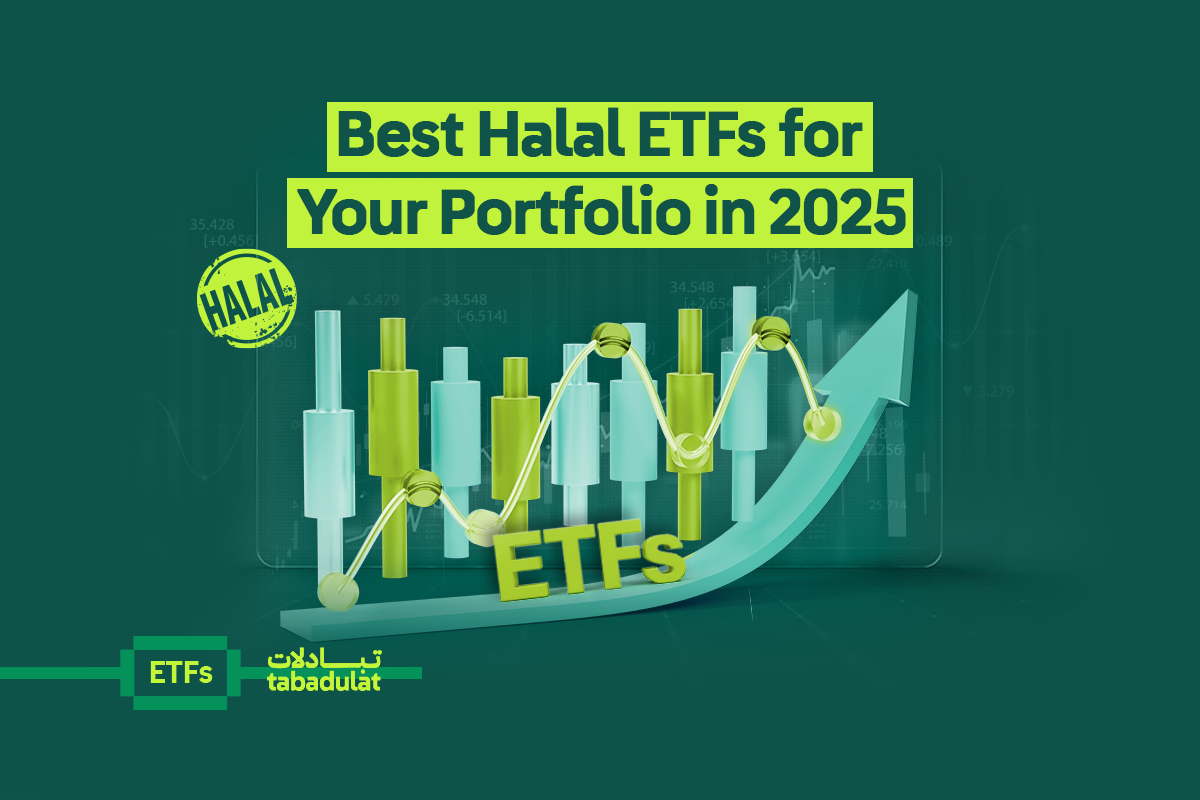
The demand for Halal investing has grown rapidly in recent years as more Muslims seek to align their portfolios with their faith. Among the most popular options are Halal ETFs (Exchange-Traded Funds), which combine the accessibility of stock trading with the diversification of mutual funds, all while adhering to Shariah principles.
In 2025, Halal ETFs are not just niche products. They have become a mainstream part of global Islamic finance, helping investors balance ethical values with financial growth. But what exactly are ETFs? And how do we know if they are truly halal? Let’s explore.
What Are ETFs?
An ETF (Exchange-Traded Fund) is an investment fund that tracks the performance of a group of assets, such as stocks, bonds, or commodities. Unlike mutual funds, ETFs are traded on stock exchanges throughout the day, just like regular stocks.
Key features of ETFs include:
Diversification: One ETF can hold dozens or even hundreds of companies.
Liquidity: Easily bought and sold on exchanges.
Transparency: Most ETFs regularly disclose their holdings.
Low Costs: Generally cheaper than actively managed funds.
For Muslim investors, ETFs are especially attractive because they can provide broad exposure to markets while still being filtered through Shariah screening.
Are All ETFs Halal?
The short answer: No, ETFs are not automatically Halal. Just because a fund is packaged as an ETF doesn’t mean it aligns with Islamic finance principles.
Here are the principal factors to evaluate when vetting ETFs for Shariah compliance:
- Shariah Screening Based on AAOIFI Standards Ensure the ETF’s holdings avoid prohibited sectors and meet AAOIFI's financial thresholds, especially the 30% debt limit and 5% non-compliant income cap.
- Avoidance of Derivatives, Leverage, and Riba Confirm that the fund isn't using leverage or derivative instruments in its structure, and that any cash is managed in a Shariah-compliant manner.
- Transparent Purification Policy Choose ETFs that clearly outline how any non-compliant income is identified and purified,ideally through tangible donation processes.
- Shariah Supervisory Board Oversight Reliable funds are backed by recognized Shariah scholars or advisory boards, this adds credibility and assures adherence to Islamic principles.
- Cost Efficiency-Expense Ratios Shariah-compliant ETFs often charge a few basis points more than conventional ones due to certification costs. Compare fees carefully.
- Disclosure & Accountability Trust funds that publish transparent reports on their compliance audits, holdings, and any structural changes affecting Shariah status.
By evaluating ETFs against these benchmarks, you help ensure your investments remain both spiritually aligned and financially sound.
Notable Halal ETFs in 2025
In 2025, the following ETFs stand out as the top halal investment options, each screened for compliance and offering diverse exposure. They include:
- SPUS – SP Funds S&P 500 Sharia Industry Exclusions ETF
- IGDA – Invesco Dow Jones Islamic Global Developed Markets UCITS ETF
- ISDW – iShares MSCI World Islamic UCITS ETF
- HLAL – Wahed FTSE USA Shariah ETF
- ISDE – iShares MSCI Emerging Markets Islamic UCITS ETF
- SPSK – SP Funds Dow Jones Global Sukuk ETF (fixed-income/Sukuk)
- WSHR – Wealthsimple Shariah World Equity Index ETF
- ISDU – iShares MSCI USA Islamic UCITS ETF
- SPRE – SP Funds S&P Global REIT Sharia ETF (real estate)
- UMMA – Wahed Dow Jones Islamic World ETF
- SPWO – SP Funds S&P World ETF (Shariah-compliant international equity)
- HIES – HSBC MSCI Europe Islamic ESG UCITS ETF
- SPTE – SP Funds S&P Global Technology ETF (Shariah-compliant tech exposure)
- HIUS – HSBC MSCI USA Islamic ESG UCITS ETF
- AMAP – Saturna Al-Kawthar Global Focused Equity UCITS ETF
What Makes These ETFs the Best?
We assessed them using four key criteria that balance performance, cost-efficiency, diversification, and fund stability, essential elements for ranking halal ETFs accurately:
- Expense Ratio: Lower fees mean more net returns left with the investor.
- 3-Year NAV Total Return: It is a percentage measure reflecting the total performance of a fund, incorporating both capital gains and the effect of dividends reinvested over 3 years.
- Top-10 Weight: Reveals how concentrated the portfolio is in its ten largest holdings. A lower percentage signals better diversification.
- AUM (Assets Under Management): Indicates fund size and liquidity. Higher AUM typically denotes broader investor confidence and ease of trading.
The Leading Halal ETFs in 2025
Data sourced from Yahoo Finance and TradingView as of August 29, 2025. Please note that fund details and performance metrics may change over time; always consult up-to-date information before investing
These Halal ETFs stand out as some of the strongest Shariah-compliant investment options in 2025, combining ethical principles with solid market performance. In this overview, we highlighted the most notable funds and why they matter.
Stay tuned for Part Two, where we’ll dive deeper into each ETF’s profile, including expense ratios, performance history, top holdings, and more to help you make a more informed choice.
FAQs
Are there any Halal ETFs?
Yes, there are several halal ETFs that comply with Shariah principles. These funds screen out businesses involved in interest, alcohol, gambling, or unethical industries. Examples include SPUS (S&P 500 Shariah), HLAL (Wahed FTSE USA Shariah), and ISDW (Dow Jones Islamic World).
Can Muslims invest in Vanguard?
Muslims can invest in Vanguard only if the chosen fund aligns with Shariah principles. Most Vanguard ETFs are not fully halal since they may include interest-based or non-compliant stocks. However, Vanguard offers some ethical or ESG funds that partially overlap with halal criteria.
Which Shariah ETF is best?
The best Shariah ETF depends on the investor’s goals. SPUS and HLAL are popular for U.S. exposure, while ISDW and ISDE provide global diversification. Factors like expense ratio, AUM, and NAV returns should guide the choice, as performance varies across sectors and regions.
Is investing in QQQ halal?
No, investing directly in QQQ (Nasdaq-100 ETF) is not halal because it includes companies engaged in non-compliant activities, such as conventional finance and entertainment. Instead, halal investors may consider Shariah-screened tech ETFs or Islamic equity funds that exclude non-permissible stocks while maintaining technology exposure.
Is S&P 500 halal in Islam?
The S&P 500 itself is not fully halal because it includes companies involved in interest-based finance, alcohol, gambling, and other prohibited sectors. However, Muslims can invest through Shariah-compliant S&P 500 ETFs that filter out non-halal stocks.
Which stocks are 100% halal?
A stock is considered 100% halal if the company’s core business is permissible in Islam and its financial ratios comply with Shariah screening (e.g., low debt, no interest-based income). Examples include firms in technology, healthcare, renewable energy, and halal consumer goods.

